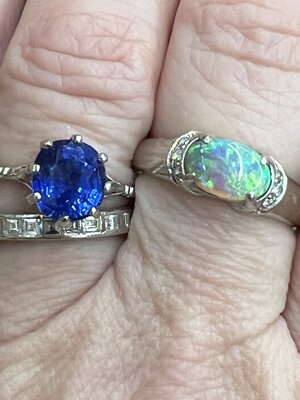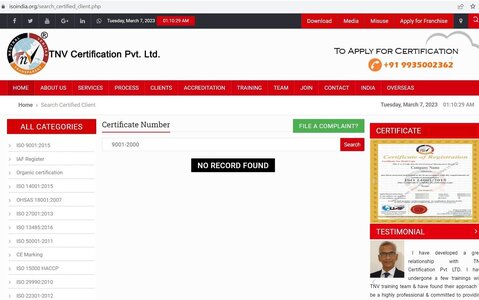Autumn in New England
Ideal_Rock
- Joined
- Jan 20, 2012
- Messages
- 6,173
You write, unaccredited. Unaccredited to who, the GIA, or other major American, European, or Thai labs? The world just does not revolve around them, though people in many first world countries do, and that is fine, I have no problem with that.
Unaccredited as in there's no oversight. I have no idea what education, qualifications, or experience their director (or staff "gemologists") have. I also have no idea what instruments are used.... or if they're truly objective. For instance, the GIA, Gubelin, and SSEF are overseen by the LMHC, which upholds standards. AGL is a member of ICA and AGTA. Now I'm not saying a lab outside of those parameters cannot be great (or cannot be trusted). But I think we can all agree that accountability matters, not just to maintain quality, but to keep us honest.
Wishing you well too, always!!







300x240.png)